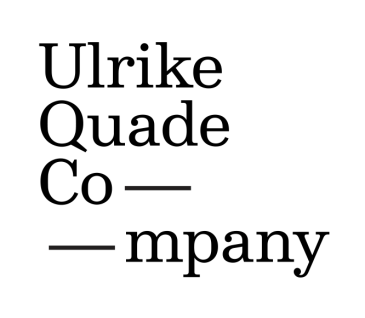Photo: Daan Colijn
Carly Everaert
Carly Everaert is a costume scenographer whose work is known for its colorful, layered and gender fluid approach, seamlessly blending art and activism. Carly’s costumes are often a collage of existing clothing and materials that come to life on the actor’s body.
In addition to designing costumes, Carly teaches in the Department of Scenography at the Academy of Theatre and Dance. They is part of the Embodied Knowledge research group, where Carly researches costume, space and embodiment from an intersectional, practice-based perspective. They also teaches a critical theory course called “Radical Thinking. As a curator, Carly is involved in several initiatives such as Becoming Community and Shebang.
Since 2019, they has been collaborating with the Ulrike Quade Company. Carly designed the costumes for productions such as The Fairy Queen, Technostalgia, Womb and The Fetus Heaven. This collaboration has developed into a conceptual and substantive engagement that stretches the boundaries of visual theater and explores future scenarios from an intersectional, feminist, queer and quantum perspective.
Biography
Carly (1960) studied at the Amsterdam Academy of Visual Arts. Recent projects include costume design for the Trojan Wars, Queer Planet and Romeo &Julia at HNT-jong. Carly collaborated with Liesbeth Coltof on Hoffen und Sehnen and Miroloi in Bochum and Berlin. Last season, Miroloi received Der Faust for best youth theater direction in Germany. In 2022, Carly received the Proscenium Prize for their entire body of work.
In the year 2022-2023, Carly received a research grant from the lectureship of the ATD, which has allowed them to further develop several existing collaborations, such as the one with Mira Thompson around Disability Justice and the (performing) arts and with Selm Merel Wenselaers, exploring the importance of a trans view of performance.
Residency
During the residency, Carly explores the relationship between the KUKA robot, the puppet Orito and the human/performer. They does this with techniques that can make these relationships visible, using fabric, thread and other textile materials as the basis. Questions central to the research are: How does the material affect the visible or palpable relationship between the doll and the KUKA? What happens when you materialize the shared space of these entities? And does the KUKA robot gain a more human dimension through fabric or costume?
During this residency, Carly explores the dynamics between the KUKA robot and other possible entities on stage. Thus, through their practice, Carly opens an entrance to reflect on the relationship between humans and machines, creating space to explore new interactions and hierarchies between technology and humans on stage. The reflections resulting from this research will feed into the development of the robot opera Orito, which will be realized in 2025 in collaboration with Lisenka Heijboer, Stephanie Pan and others.
Resident Carly in the picture
Introduction Carly
Process Carly
Presentation Carly
Carly Everaert explores the relationship between the KUKA robot, puppets and space through gender fluid costume designs.
Follow Carly’s experiments with dressing the KUKA and creating unique interactions.
See the results of Carly’s research and audience reactions.
Center Stage Robotics
Center Stage Robotics is a research project led by Ulrike Quade Company, in collaboration with visual artist Bram Ellens, programmer Rick van Dugteren of Event Robotics and Creative Robotics, and Prof. Dr. Maaike Bleeker of Utrecht University. The project investigates the use of industrial robots and robotics in theatrical and performative settings.
The aim of Centre Stage Robotics is to provide the performing arts sector with inspiration, knowledge and new ways of working. At the same time, it explores how knowledge from the performing arts, especially puppetry, can inspire the world of robotics and help shape a future with robotics.
Residency program
As part of Centre Stage Robotics, Ulrike Quade Company offers residencies for artists. During these residencies, participants have the opportunity to work intensively with the KUKA robot. The program also includes workshops and leads to presentations where the insights gained are shared.



